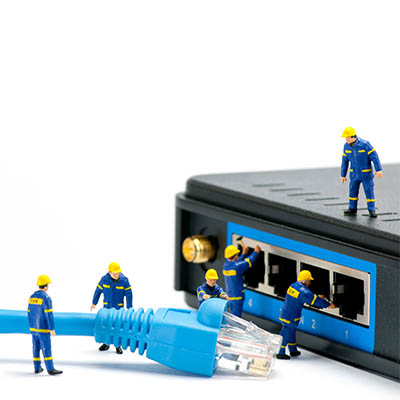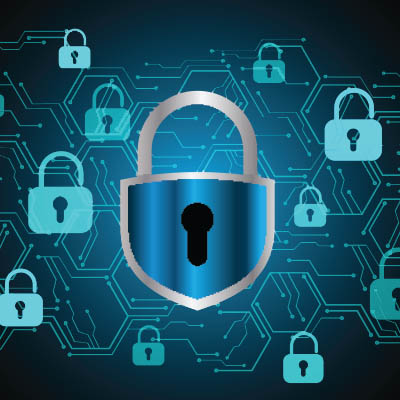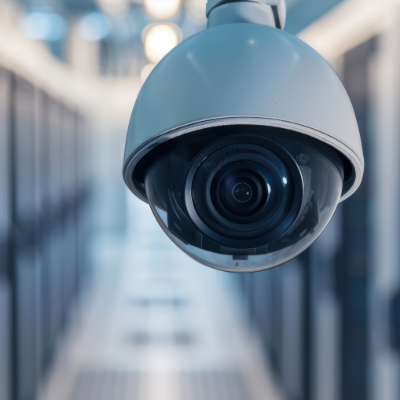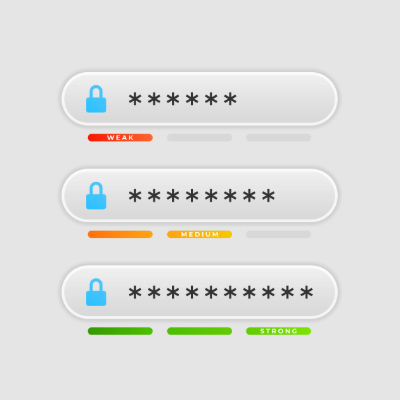Listen closely. Hear that? It’s the subtle, almost invisible hum of technology, the tireless engine powering your sales, streamlining your communication, and orchestrating your daily operations. We’ve all become wonderfully reliant on this digital symphony. Here’s a thought that might not hum so quietly: what’s the environmental encore of all this tech that keeps our businesses thriving? It’s a conversation that’s not just worth having; it’s essential.
You’ve probably heard a bit about blockchain. It’s a technology that is typically linked with cryptocurrencies, but its function is much more. It actually has the potential to transform everyday business operations significantly, if used properly. Forget the complex technical stuff. At its core, blockchain is like a highly secure and transparent digital record-keeping system. Imagine a shared ledger where every transaction or piece of agreed-upon information is recorded as a block. Once a block is added to the chain, it’s cryptographically sealed—meaning it cannot be altered or deleted. Everyone with authorized access sees the same information, creating a foundation of trust and clarity.
We know how difficult it can be for a small business to make do with the time and resources it has. We see it every day in our work with local SMBs. The reality is that technology is ingrained in every part of the modern business, so you cannot risk it failing when you need it most.
Imagine leaving the physical doors of your business unlocked overnight. The thought is unsettling, isn’t it? You wouldn’t risk your assets, your hard work, and the trust of your clients like that. That’s precisely the risk many small to medium-sized businesses (SMBs) unknowingly take by underestimating the importance of cybersecurity. Let’s explore just how important proper cybersecurity truly is.
We dedicate significant attention to safeguarding your digital assets, but have you cast a similarly critical eye on the tangible security of your business premises? Nowadays, ensuring the safety of your physical office, its valuable assets, crucial resources, and most importantly, your dedicated employees, is paramount. We want to highlight the range of options available to help you effectively manage your physical infrastructure.
Businesses used to think that it was worth waiting around for technology solutions to break before servicing them. In fact, it was such a commonplace practice that it’s still prevalent (although to a significantly reduced degree) today. We want to look into why it just makes sense to leave the old break-fix IT model behind in favor of a more proactive approach.
Today, IT tools and services are essential for businesses of any size. They provide the direction, stability, and connectivity needed to thrive in an increasingly digital landscape… but what exactly are these “IT tools and services,” and why should they be a priority for your business, specifically? Simply put, they encompass the hardware, software, and expertise that enable your business operations, from managing customer relationships and streamlining workflows to safeguarding critical data. Let’s talk a little more about why they need to be prioritized.
A strong cybersecurity posture isn’t just about installing the latest software or ticking boxes on a compliance checklist. It’s about building a culture of security where every member of your team is actively engaged and invested in protecting your collective digital well-being… but how do you achieve that buy-in, beyond simply mandating policies? It starts with illuminating the “why” behind the “what.”
Artificial intelligence is becoming ubiquitous in the business technology sector and for good reason. It’s allowing small and medium-sized businesses to do more and compete with businesses that were previously just ahead of them. Today, we want to go over some (reasonably) easy ways you can use AI in your IT operations to make your business more efficient.
Quick—how many passwords do you have to remember? Chances are, it’s more than you might expect… especially when you factor in both your personal ones and those you maintain for your business. After all, it is risky to the point of irresponsibility to repeat your passwords across accounts, especially those you maintain for your business. This kind of repetition can easily lead to financial losses and reputation damage, as it facilitates a data breach.











